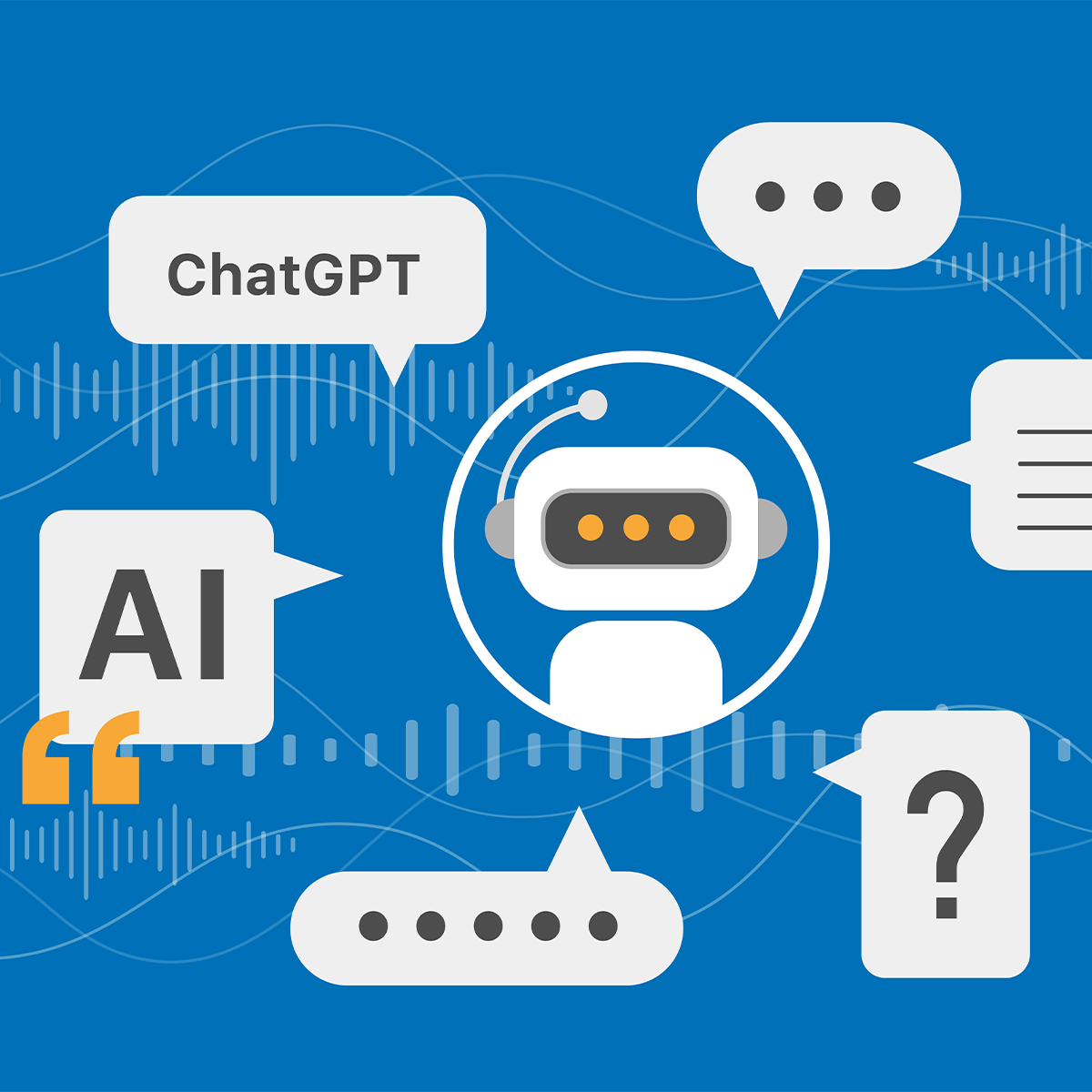-
Property & Casualty
Property & Casualty Overview

Property & Casualty
We offer a full range of reinsurance products and the expertise of our talented reinsurance team.
Expertise
Publication
Production of Lithium-Ion Batteries
Publication
Time to Limit the Risk of Cyber War in Property (Re)insurance
Publication
Generative Artificial Intelligence in Insurance – Three Lessons for Transformation from Past Arrivals of General-Purpose Technologies
Publication
Human Activity Generates Carbon and Warms the Atmosphere. Is Human Ingenuity Part of the Solution?
Publication
Inflation – What’s Next for the Insurance Industry and the Policyholders it Serves? -
Life & Health
Life & Health Overview

Life & Health
Gen Re’s valuable insights and risk transfer solutions help clients improve their business results. With tailor-made reinsurance programs, clients can achieve their life & health risk management objectives.
UnderwritingTraining & Education
Publication
The Key Elements of Critical Illness Definitions for Mental Health Disorders
Publication
What Are We to Make of Cannabis Use in The Insured Population? Business School
Business School
Publication
Knife or Needle: Will the New Weight Loss Medication Replace Bariatric Surgery?
Publication
Weight Loss Medication of the Future – Will We Soon Live in a Society Without Obesity? Moving The Dial On Mental Health
Moving The Dial On Mental Health -
Knowledge Center
Knowledge Center Overview

Knowledge Center
Our global experts share their insights on insurance industry topics.
Trending Topics -
About Us
About Us OverviewCorporate Information

Meet Gen Re
Gen Re delivers reinsurance solutions to the Life & Health and Property & Casualty insurance industries.
- Careers Careers
Digital Technology and Disability Claims – Putting the Two Together

January 11, 2018
Ross Campbell
English
Deutsch
Healthcare is being transformed by advances in artificial intelligence, virtual reality, machine learning, sensors and other innovative technologies. Practically everybody has a smartphone, making it easier than ever to gather data and consent to third-party access. Unique data insights mean providers can offer people products and services tailored to them individually.
For insurers, digital technology offers new ways to manage risk that relies less on face-to-face and traditional clinical assessment; this is why there is so much interest in understanding how innovation might work. Selected comments from four key players in the digital health ecosystem, make clear the appeal of putting two and two together.
Thomas Lethenborg at Monsenso, a mobile platform for mental health, said “Digital technology helps an individual move from reactive behaviour to being more proactive - and this changes the paradigm in particular with engagement.”
It’s a view shared by David Forster of Thrive, a digital interventions app for mental health: “Data drives our understanding of what works best for the individual.” According to Forster the success of digital technology in clinical settings points to real opportunities in insurance: “It makes it possible to provide policyholders help with illness prevention, early detection and assistance on a personal level.”
Ian Prangley, of exercise rehabilitation service TrackActive, continued the theme when he said, “For insurers digital solutions can drive connectedness, engagement and customer satisfaction while enabling people to self manage their health. Harnessing data insights and implementing artificial intelligence (AI) is key to achieving this.”
A comment by Danny Dressler of AIMO, an ecosystem integrating intelligent motion analysis into musculoskeletal care, added further confirmation: “As more and better data is gathered and processed safely, AI offers the most promise to take care of peoples’ health, and fix issues in both healthcare and the life and health insurance sectors.”
By using digital means, insurers can create scalable, automated, speedy ways of supporting people when they need help the most. Proponents argue it offers better health outcomes for policyholders that will reduce the costs associated with long disability claims - a win-win for both insurers and consumers.
Dressler also noted that “technology like ours lets insurers offer customers new solutions such as dynamic pricing, automated claims and even help to prevent claims from happening.” Lethenborg says it represents “an opportunity to ensure the data collected gives holistic insights and analytics that we can use to intervene more rapidly, when help is needed”.
But it’s crucial the highest levels of privacy and data protection are guaranteed and operators are in full compliance with regulations. An imperfect balance of privacy with innovation is a deal-breaker for consumers.
Forster is clear how delicate this balance is: “We recognise our responsibility to safeguard users’ data, but at the same time information technology empowers people to make choices and participate actively in managing their own health - it puts them in the driving seat for the first time.”
For digital solutions to be convincing, research and scientific evidence are needed but with newly made services, long-term experience is scarce and a leap of faith is required.
Dressler spoke for all in saying, “We maintain strong links to scientific institutions because the general technologies underpinning our solutions emerges from scientific thesis...[This means] we only implement new features or functions after a rigorous validation process, especially because we are asking people to trust us with their health and well-being.”
Dealing with high volumes of data is not without risk, particularly when it’s shared with third parties.
Ian Prangley has pointed to recent concerns over how sensitive data is being used to highlight the challenges faced, “The key is to anonymise and protect data, and have customers consent to sharing it on the understanding it will be used solely to improve their health.” This insight is driven home by Lethenborg who said, “Transparency about how the data will be used is essential to building trust.”
Digitization has already brought new products and services that have had positive medical and scientific impact. As Prangley said, “Technology has connected people and changed how we relate to each other. There [are] arguments for and against this of course but in the context of health and wellbeing we believe it’s a great thing.”
With mental health and musculoskeletal problems as the leading causes of disability claims in every market, these companies can bring digital solutions and opportunities - and health insurers can also feel great about them.



